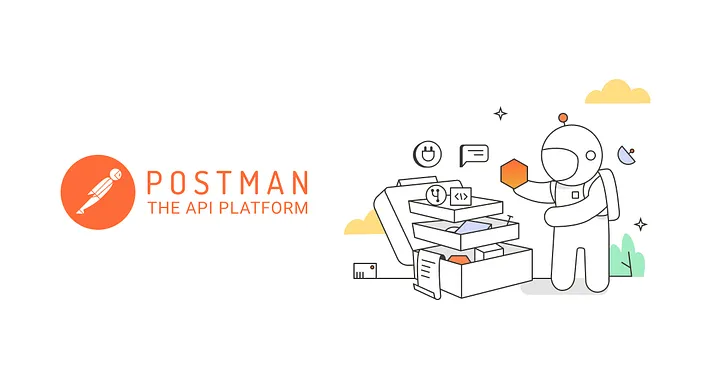Effective Communication and Dealing with Difficult Coworkers in Your SDLC Team
- Test Lead
- Aug 30, 2024
- 3 min read
In the Software Development Life Cycle (SDLC), collaboration and communication are critical to a project’s success. Working closely with a diverse group of individuals often leads to encountering challenging coworkers. Whether it’s a difference in communication styles, conflicting priorities, or personality clashes, managing these difficulties effectively is crucial. Here’s how you can navigate and deal with difficult coworkers as part of your SDLC team.
1. Understand the Root Cause
Before addressing the issue, it’s important to understand the underlying cause of the difficulty. Ask yourself:
Is the coworker’s behavior a result of stress or pressure from tight deadlines?
Are there miscommunications or misunderstandings at play?
Could it be a clash of work styles or personality differences?
Understanding the root cause can provide valuable insights into the best way to approach the situation.
2. Effective Communication
Clear and effective communication is the cornerstone of resolving conflicts. Here are some strategies:
Active Listening
Listen to your coworker’s perspective without interrupting.
Show empathy and understanding.
Paraphrase their points to ensure you’ve understood correctly.
Clear and Concise Messaging
Be direct and to the point in your communications.
Use clear and unambiguous language to avoid misunderstandings.
Ensure all team members are on the same page regarding project goals and expectations.
Non-Verbal Communication
Be mindful of your body language and tone of voice.
Maintain eye contact and use positive body language to convey openness and respect.
3. Addressing Issues Privately
If you need to address a specific issue with a coworker, do so privately to avoid embarrassment or defensiveness. Here’s how:
Choose the Right Time and Place: Find a quiet, neutral setting to have the conversation.
Use “I” Statements: Focus on how the behavior affects you and the team, rather than blaming the coworker. For example, “I feel concerned when deadlines are missed because it affects the entire team’s progress.”
Stay Calm and Professional: Maintain a calm demeanor and avoid raising your voice or using accusatory language.
4. Finding Common Ground
Identify shared goals and interests to build a sense of teamwork and collaboration. Emphasize the importance of working together to achieve common objectives, such as:
Meeting project deadlines.
Delivering high-quality software.
Enhancing the team’s overall productivity.
5. Set Clear Expectations and Boundaries
Setting clear expectations and boundaries can help prevent misunderstandings and conflicts. Ensure that:
Roles and responsibilities are clearly defined.
Project timelines and deadlines are communicated effectively.
Team members understand the importance of respecting each other’s time and contributions.
6. Seek Mediation if Necessary
If the conflict persists despite your efforts, consider seeking mediation from a neutral third party, such as a manager or HR representative. Mediation can help:
Facilitate open and honest communication.
Provide an impartial perspective.
Develop a mutually agreeable solution.
7. Focus on Solutions, Not Problems
Shift the focus from the problem to finding a solution. Encourage a problem-solving mindset by:
Brainstorming possible solutions together.
Evaluating the pros and cons of each solution.
Agreeing on a course of action that benefits the entire team.
8. Build a Positive Team Culture
Fostering a positive team culture can mitigate conflicts and improve overall team dynamics. Encourage:
Team Building Activities: Organize regular team-building activities to strengthen relationships and improve collaboration.
Recognition and Appreciation: Recognize and appreciate the contributions of all team members to boost morale and motivation.
Open Communication: Create an environment where team members feel comfortable sharing their thoughts and concerns.
9. Develop Emotional Intelligence
Emotional intelligence is the ability to understand and manage your own emotions and the emotions of others. Improve your emotional intelligence by:
Self-Awareness: Recognize your own emotional triggers and how they affect your behavior.
Self-Regulation: Learn to manage your emotions in a healthy way.
Empathy: Practice understanding and empathizing with the emotions and perspectives of others.
Social Skills: Develop strong interpersonal skills to navigate social interactions effectively.
10. Learn and Grow from the Experience
Every conflict is an opportunity for growth. Reflect on the experience and consider:
What could you have done differently?
What did you learn about yourself and your coworker?
How can you apply these lessons to future interactions?
Conclusion
Dealing with difficult coworkers is an inevitable part of working in an SDLC team. By understanding the root cause of the difficulty, communicating effectively, addressing issues privately, finding common ground, setting clear expectations, seeking mediation if necessary, focusing on solutions, building a positive team culture, developing emotional intelligence, and learning from the experience, you can navigate these challenges successfully. Effective conflict resolution can lead to stronger team dynamics, improved productivity, and a more positive work environment.





Comments